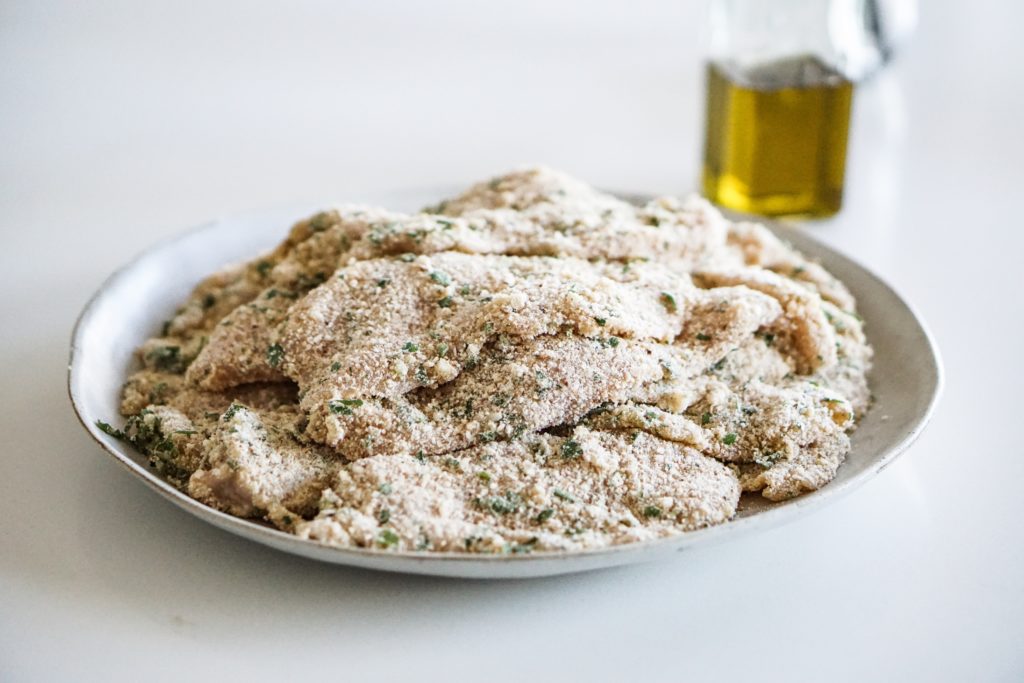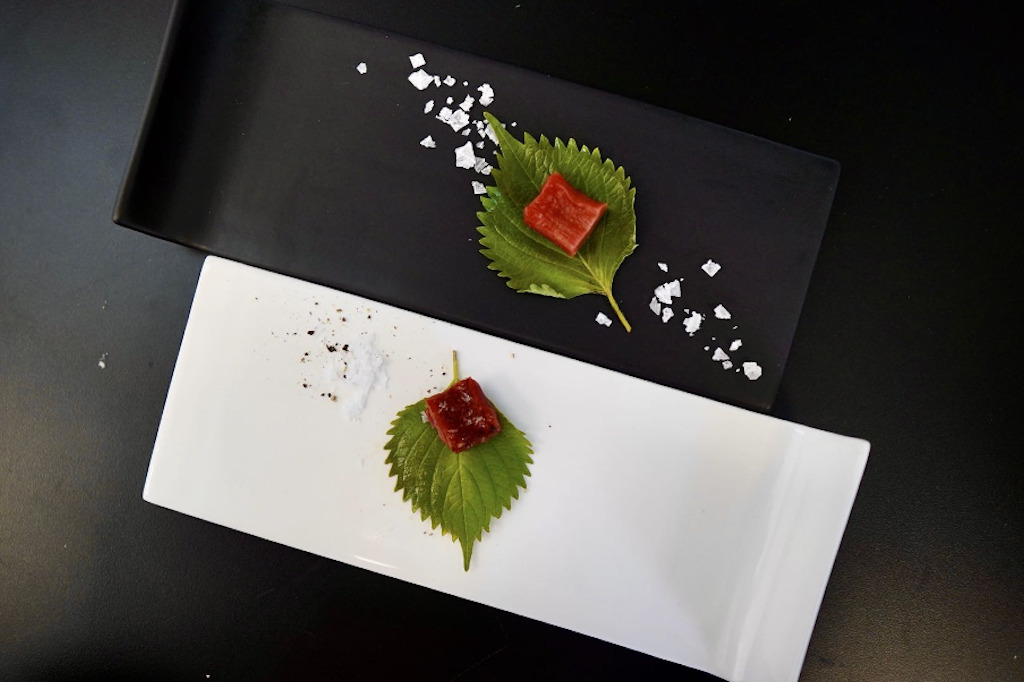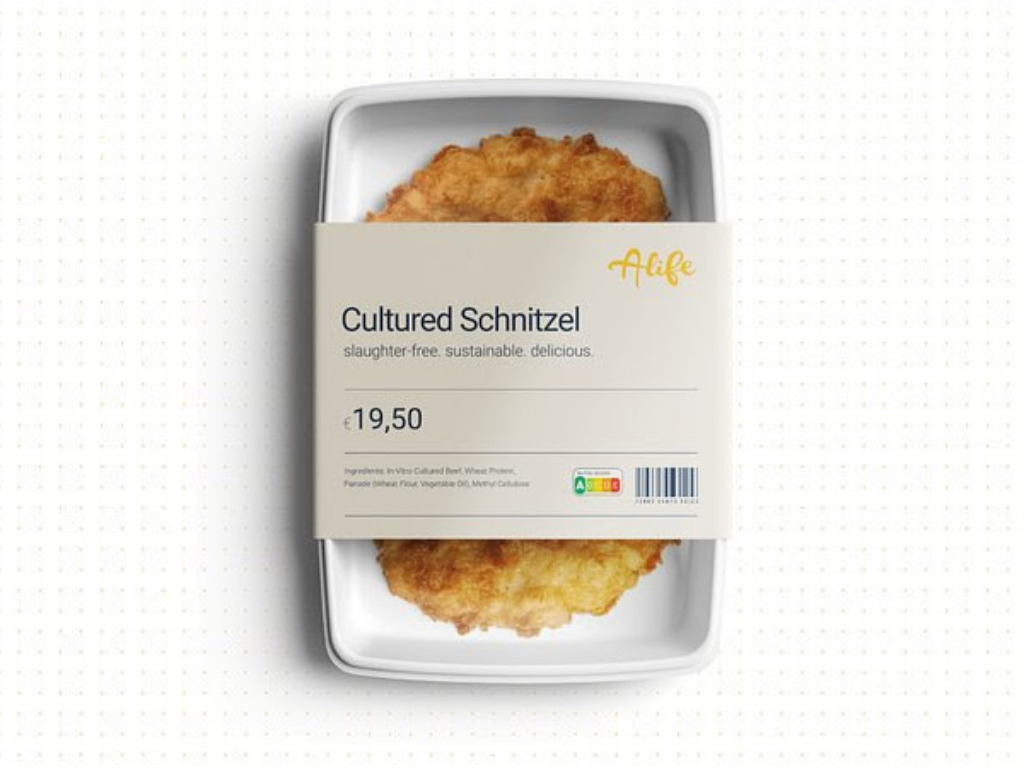This German Startup Has Made A Slaughter-Free Schnitzel To Break With Convention But Maintain Tradition
3 Mins Read
Alife Foods has unveiled its first cultivated meat prototype, a schnitzel (breaded cutlet) made in collaboration with LabFarmFoods and the Fuchs Group. The product is currently undergoing taste trials and sensory evaluations. The company hopes to present a fully realised prototype to investors by year-end and become known as the ‘cultured schnitzel company’ after releasing its products to market.
Alife claims to be the first brand developing cultivated meat products in the DACH region, a regional abbreviation which includes Germany, Switzerland and Austria, though Green Queen has previously reported on Swiss clean meat startup Mirai Food‘s seed round and Germany’s Innocent Meat is working to help meat processors transition to cellular agriculture.

German engineering
Alife’s founding team says while that eating meat is a celebratory part of multiple cultures around the world, the tides are changing. Traditionally, Germany has always been a meat-centric country but in recent decades there has been a tangible shift in consumer mindsets. In 2020 it was reported that people identifying themselves as ‘full meat-eaters’ are now the minority. Similarly to China, the country favours pork products, with boiled and raw sausage and ham being its most frequently purchased. In light of EU promotion of plant-based diets and scientific links between red meat consumption and cancer, Germany is undergoing something of a food-based revolution.
In 2018, it was reported that Germany was the global leader for vegan product launches and development. Four years on, it is embracing cultivated meat technology to bridge the gap between conscious food choices and a taste for meat. This has been partly motivated by an ambitious net-zero by 2045 target.
Afine partnered with the Fuchs Group to develop its schnitzel. The spice manufacturer works with industrial partners to fine-tune flavour profiles and concepts alongside food tech innovation. Meanwhile, LabFarmFoods has been drafted in as a production partner in the U.S. It is claimed to be a leading R&D company used by startups within the cellular agriculture field.
Getting consumers on board
Alife cites its biggest challenge as being scale up from lab batches to full production values. It is aiming for a 2025 launch date, so is leaving wiggle room for regulatory approval and tech expansion. However, it might have an extra hurdle to overcome. In a 2020 study, 713 German citizens were surveyed about their opinions on cultivated meat. The takeaway was that the country is “only moderately” ready to accept the food type.

Global pork players
Given Asia’s penchant for pork, it’s unsurprising that a number of cultivated startups hail from the East and are focused on developing a cell-based alternative. In February this year, South Korea’s Space F revealed that it had reformulated its initial pork prototype, to create an upgraded version. The first incarnation was debuted in May last year, by researchers at the Sejong University. The team claimed that it had a comparable muscle structure to regular pork and was a jumping-off point for other meats. It announced chicken and beef prototypes alongside its pork 2.0 to prove the theory.
Over in Shanghai, CellX unveiled its first pork creation in September 2021, ahead of a $4.3 million funding round. The raise was completed to facilitate continued R&D into cell-based pork as a means of sustainable food security for the country.
There could be more cultivated startups on the horizon for Asia, particularly in China. Following novel foods being included in the country’s five-year agricultural plan, a notable first, President Xi alluded to support for the sector. Perceived support comes after concerns about food security have been heightened by African Swine Flu outbreaks that left countries such as China, who are reliant on food imports, looking to find domestic solutions.
Lead photo by Afine Foods.





